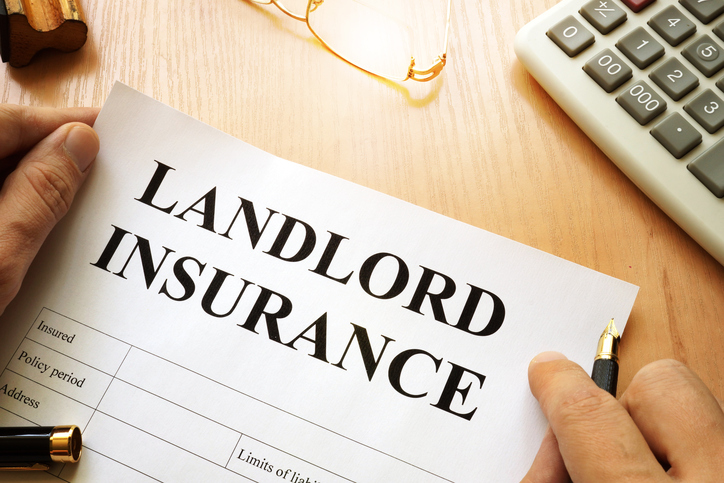
As a landlord, it’s important not just to maximise the potential upside from your property, but also to protect yourself from the potential downsides.
From break-ins to flooding, insect infestation and electricity issues, a variety of issues can affect you as a landlord. All too often, landlords focus on the upside of renting out their property, giving little thought or attention to the possibility of anything negative happening.
In effect, they’re essentially leaving themselves at the mercy of the gods, hoping that any issue or emergency causes little, if any, damage to their properties.
You don’t need an advanced business education to know that this strategy — as widespread as it might be — isn’t a good approach for building a robust, effective and profitable business as a landlord. Luckily, protecting yourself from emergencies as a landlord isn’t as hard as it seems.
For most residential landlords, the solution is simple: home emergency insurance. Almost every home emergency insurance policy includes coverage for the most common issues that can hurt you financially as a landlord, from problems caused by tenants to issues outside their control.
What to look for in a home emergency insurance policy
As a landlord, the most important feature to look for in a home emergency insurance policy is comprehensiveness. A good policy will provide coverage for a wide range of scenarios, giving you peace of mind and financial protection as a landlord.
If you’re comparing policies, a great way to find the best policy for you is to check for different types of cover. A truly comprehensive policy will cover you for:
- Common plumbing emergencies, such as burst pipes and leaks
- Roofing and window issues, such as broken windows or roofing damage
- Lost keys, damaged locks and other common home security problems
- Insect and pest infestations, ranging from mice and rats to cockroaches
- Electrical, water and gas supply problems that affect your tenants
- Boiler issues, such as a broken, damaged or leaking home boiler
All of these problems require immediate attention, making it important that they’re fully covered by your home emergency insurance policy.
As a landlord, can you go without emergency insurance?
There’s an old saying that it “takes 20 years to build a reputation, and five minutes to ruin it.”
For landlords, the same is true for a business. It can take decades to build a profitable, robust business in commercial or residential real estate leasing, but only a few minutes for an event you didn’t anticipate to ruin it.
Increases in stamp duty, decreasing yields and a range of other issues have already made the UK a challenging market for landlords. More than ever, it’s important that your assets aren’t just protected from theft or damage from tenants, but also against the costs of an emergency.
If you’re a landlord, it’s always best not to leave yourself at the mercy of the gods. Instead, treat the risk of an emergency seriously and ensure you’re protected against the costs of acting in the event your property is affected by a break-in, leak, pest infestation or other emergency situation.












